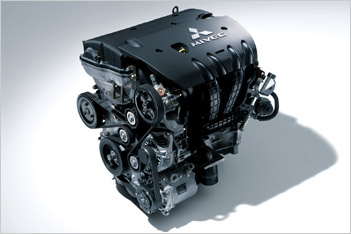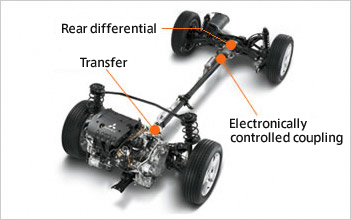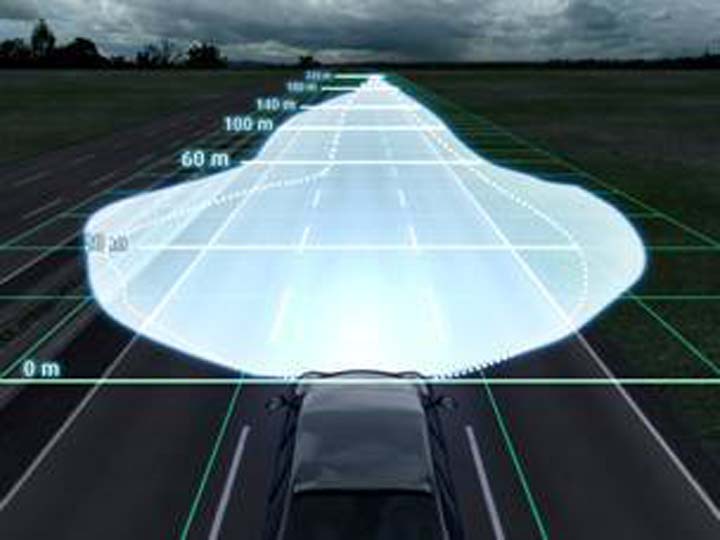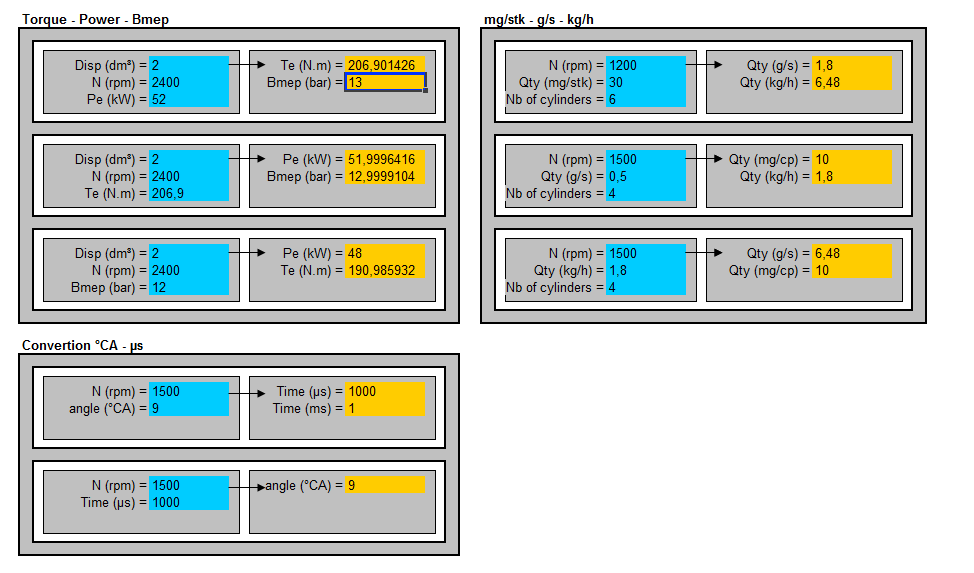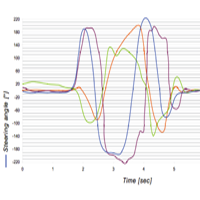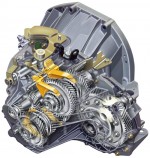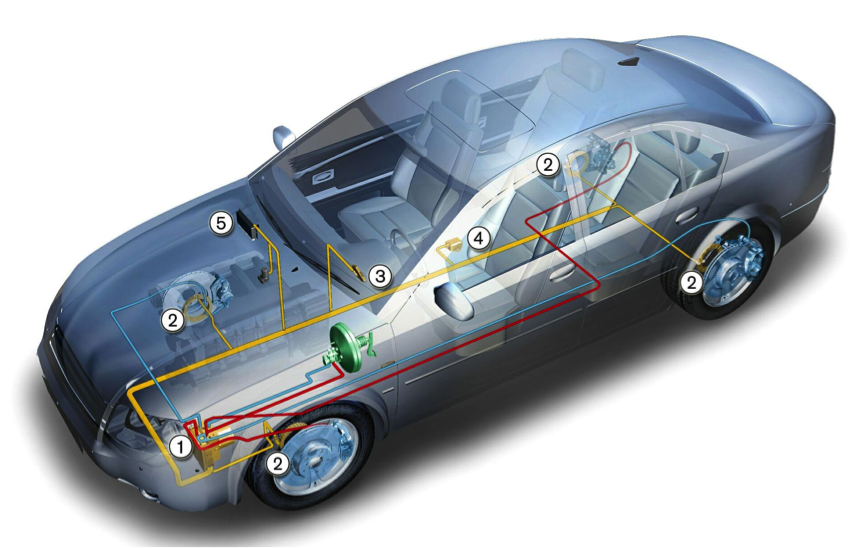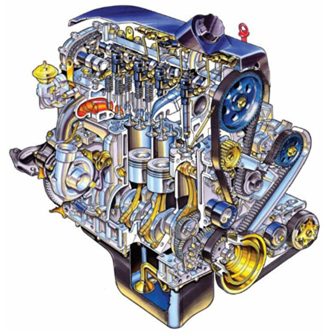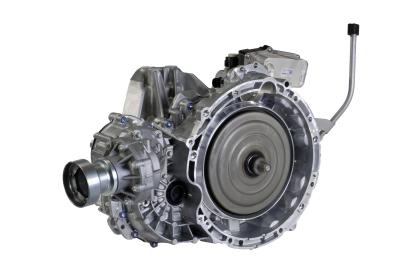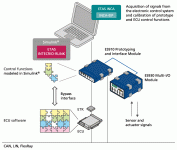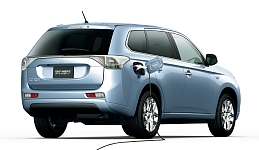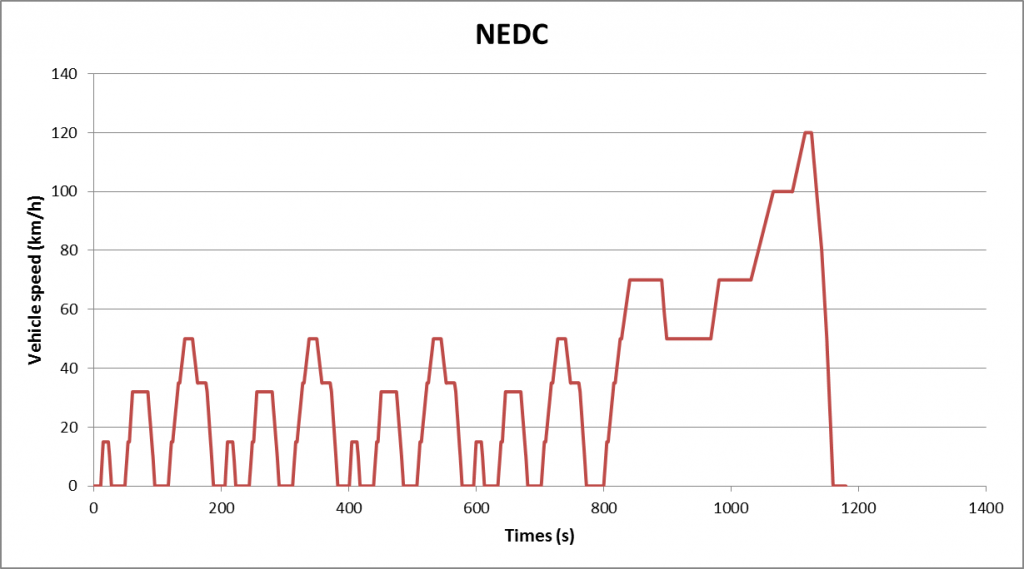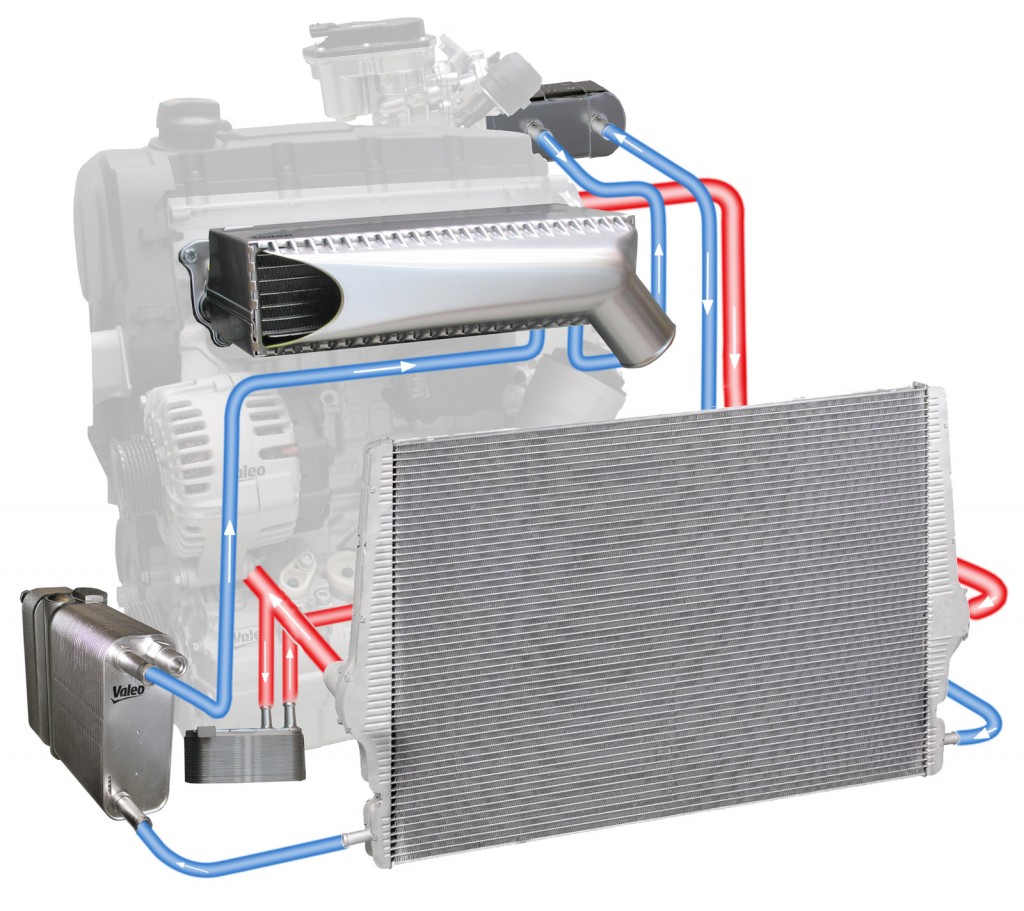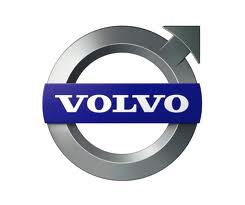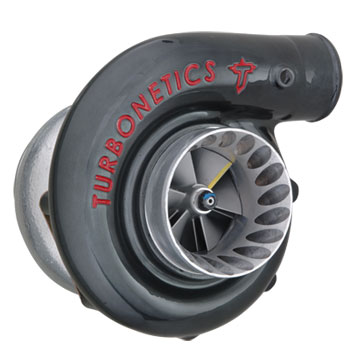IFP School offers applied graduate programs, providing students and young professionals from all over the world with education in the fields of energy (oil, gas, petrochemicals, powertrains, new energy technology) which meets the needs of industry and the demands of society with particular emphasis on sustainable development and innovation.The School prepares its students to be the players of the energy transition of the 21st century.
Key facts of IFP School MScs
Master’s level programs at the Rueil-Malmaison site:
- 17 programs, including 8 English-language programs
- 500 graduates per year:
- 360 Engineering / Master’s degree
- 80 Research Master
- 60 Graduate Diploma, degree of advanced studies
- more than 80% of students sponsored by industry
- 50% international students
- a 97% employment rate at graduation
- recruitment each year by more than 80 companies in 50 countries
- 40 regular professors and 350 instructors from the industries
- 12,000 alumni in more than 100 countries
IFP School proposes graduate programs applied to the industrial world in the energy sector. These programs are open to graduates holding a degree corresponding to 4 years (e.g. American BSc in 4 years) or 5 years (e.g. French ‘Diplôme d’ingénieur’) of higher education, with or without professional experience. Their standard length is 16 months (September year n – December year n+1) and a national master’s degree or an engineering degree is awarded at graduation.The programs, which some are given in French and some in English, cover technical fields such as exploration, production, gas and oil conversion processes, engines and products, economics and the energy markets. The programs seek to provide students with all the knowledge and skills required for their future profession in each sector:
- Technical and economic knowledge, both theoretical and practical.
- Working methods (project management, communication techniques, etc.), and some practice in implementing the acquired knowledge.
- A general cross-cutting culture of the sectors and an awareness of the non-technical aspects (human, cultural, ethical, etc.) of life in a company.
On completion of these industry-oriented programs, students are directly operational in industry, as demonstrated by the 99% employment rate upon leaving the School.Roughly 360 students are admitted to the 10 programs combined per year.
The powertrain engineering program
The IFP School Powertrain Engineering program provides technical, cultural and international training enabling student to be operational in all automotive industry fields related to powertrain development and integration.The program content is decided with industrial partners and classes are taught by professionals so that the specific technical and methodological features of these professions can be appropriately conveyed.Working methods and rhythms are based on those used in industry and meet the requirements of training programs for professionals, enabling to be operational upon leaving the School.
The English-language Powertrain Engineering program is a meeting place for young students from many countries who aspire to become specialists in the study, design and implementation of the entire drive train and its main components.Increasingly complex working tools and methods, constantly tighter development deadlines and heightened quality requirements all bring about a strong need for international cooperation between the various industrial fields concerned (engine and powertrain manufacturers, electronics companies, component manufacturers, materials and energy suppliers, research laboratories, etc.).
Which job after Powertrain engineering program?
The distribution of positions open to graduates of the Powertrain Engineering program is rather consistent. It covers car and truck manufacturers, equipment manufacturers and suppliers, and engineering and R&D companies. Most graduates join technical divisions in these companies, with positions spanning a variety of activities, from functional design to mechanical design, from engine control to development, up to industrial production:
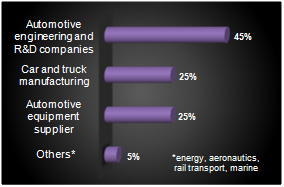
All of these professions, common to all of these businesses, have specific features according to the systems studied. A car manufacturer, for example, works on the “vehicle”, “powertrain”, “transmission” or “engine” system, etc., or on a more specific function such as “air supply”, “fuel supply”, “lubrication”, “thermal management”, “pollution abatement”, “after-treatment”, etc. or on a part such as the “engine cylinder block”, “crankshaft”, etc.An equipment manufacturer and supplier will focus more particularly on a sub-system required to perform a specific, complex function, such as the “injection system”, “automatic transmission”, “alternator/starter”, or on more elementary parts such as the “turbocharger”, “intercooler”, “piston”, “intake manifold”, etc.An engineering company will generally work on new concepts, in an earlier stage of development, in partnership with car or equipment manufacturers, even if the current trend is increasingly to support car manufacturers in their development activities.
Here are a few examples of themes on which a Powertrain engineer may work:
Functional design engineer– Synthesis of longitudinal parameters (vehicle performance, consumption, emissions) to define an engine-gearbox pair and the related specifications;- Dimensioning of the air loop and engine charging to achieve the required engine performance (functional specification of the turbocharger, intake divider, valve lift profile, EGR, etc.)
Mechanical design engineer– Mechanical modeling and design using CAD (cylinder head, cylinder block, piston rod, exhaust gas recirculation / EGR valve, injector, transmissions, etc.)- Supplier tracking for the development and standard production of components (piston, air filter, EGR valve, injection pump, turbocharger, actuators, clutch)
Engine control engineer– Development of drive control strategies of a hybrid chain, simulation of strategies on a chain model, rapid prototyping on a test bench or HIL (Hardware In the Loop)- Development of air loop control strategies (low- and high-pressure EGR, turbocharger, etc.)
Development engineer– Drivability calibration (tip in and tip out, gear change, vehicle takeoff, etc.)- Calibration and validation of engine starting in extreme climatic conditions- Calibration of engine control operating strategies (regeneration of particulate filter, idle control, injection pressure, etc.)
Content of the program
This program is divided into 5 major themes:
Internal combustion engine fundamentals:
- Engine performances and operating parameters
- Engine design and technologies
- Thermodynamics, energy conversion and modeling
- Conventional and advanced combustions
Automotive drive trains:
- Automotive transmissions technology
- Energy storage systems, electric traction
- Micro to full hybrid drive trains
- Engine-drive train matching
Powertrain management:
- Powertrain control
- Calibration and test development
- Powertrain integration into the vehicle
- Design and control of a full hybrid powertrain (final project)
Environmental issues and sustainable development:
- Worldwide emissions standards
- Pollutant formation and control, after-treatment technologies
- Conventional and alternative fuels
- CO2 issues, life cycle and well to wheels analysis
- Automotive and energy market
Professional skills development:
- Intercultural skills and intercultural management
- Engineering project management
- Personal development
- Management of inter-company relationship
Main sponsors of Powertrain engineering students
Students in this program (around 25 per year) are almost all sponsored by companies (through sponsorships or apprenticeships) that finance their living expenses during the academic period and contribute towards their tuition.Among these companies, the following were IFP School partners this year (non-exhaustive list):Car and truck manufacturers: PSA Peugeot Citroën, Renault, Volvo Powertrain, etc.Automotive engineering and R&D companies: AVL, D2T, IAV, IFP Energies nouvelles, etc.Automotive equipment supplier: Delphi, etc.
Find out more on www.ifp-school.com

